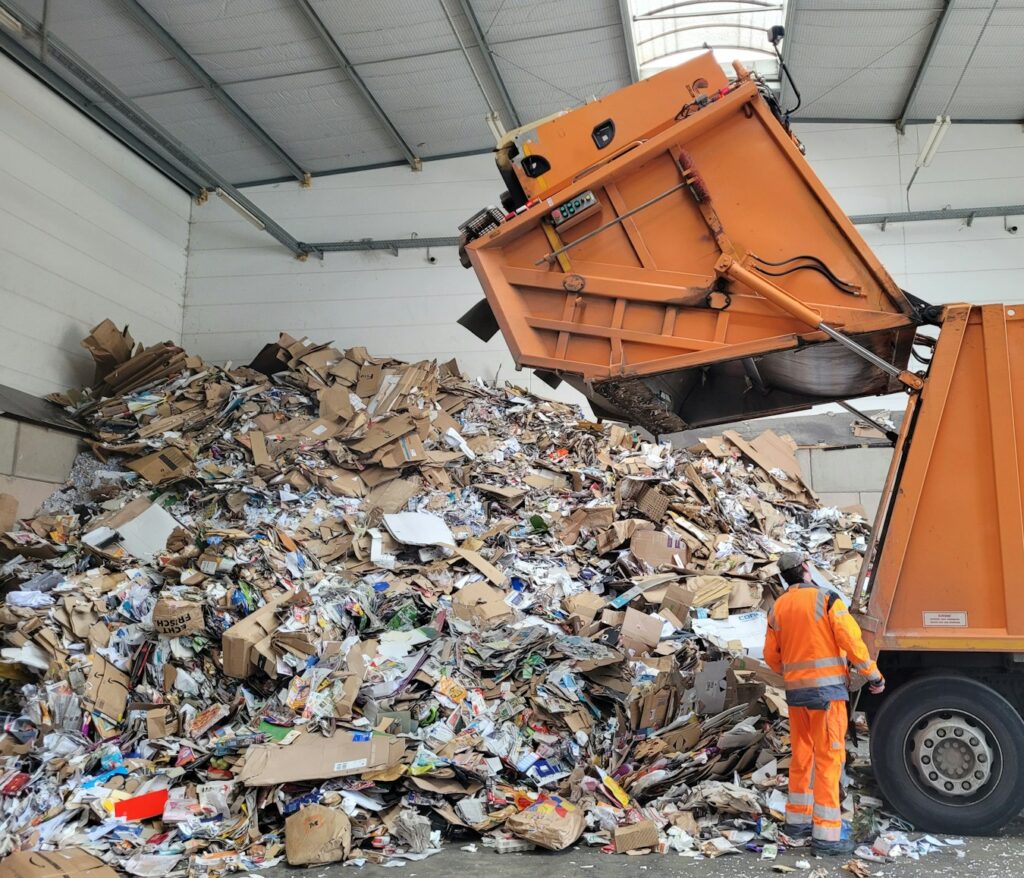International home improvement company Kingfisher will phase three chemical groups out of its own branded products by 2025, it has announced.
Kingfisher, whose subsidiaries include the companies B&Q and Screwfix, has pledged to remove phthalates, PFCs and halogenated flame retardants from over 1,300 of its stores across Europe, replacing them with more sustainable alternatives.
The move, which Kingfisher eventually plans to extend to its entire supply chain, comes as part of its Chemicals Roadmap as it seeks to reduce its use of ‘high-risk’ chemicals.
The retailer said that phasing out these chemical groups will help reduce the company’s environmental impact and help its customers have healthier, more sustainable homes.
Paul Ellis, head of sustainable chemicals management at Kingfisher, said: ‘We have developed our Chemicals Roadmap to provide customers with sustainable products that respond to their desire for fewer and less harmful chemicals in their homes, while continuing to stay ahead of regulation and lead on sustainable chemical management in Europe.
‘Achieving this aim takes time and requires collaboration across the global value chain and we welcome likeminded retailers to join us on this journey.’
The three chemical groups targeted by Kingfisher – phthalates, perfluorinated & polyfluorinated chemicals, and halogenated flame retardants – are all frequently found in products such as paint, textiles and PVC flooring.
In its ongoing review of the chemicals in its supply chain, Kingfisher identified all three groups as harmful for consumers, factory workers and the environment, despite most of these chemicals not currently being regulated.
Kingfisher’s review is exceeding existing regulations, such as the EU’s REACH, by applying regulation from other sectors and evaluating entire chemical groups which are potentially harmful rather than just individual chemicals.
This is helping the retailer meet goals laid out in its Sustainable Growth Plan as it aims to become a ‘net-positive’ business by 2050.
‘This is just the latest step towards the goals set out in our Sustainable Growth Plan,’ said Caroline Laurie, Kingfisher’s head of sustainability.
‘We know a good home is healthy, happy and sustainable and we want to help make this a reality for all of our customers.’
This is not the first time Kingfisher has taken action on chemicals – in 2017, it became the first retailer to ban neonicotinoids from its flowering plant range prior to an EU-wide ban on the insecticides.
The retailer has also long been known for minimising the use of volatile organic compounds in its paints and decorating products.
Image credit: Betty Longbottom















